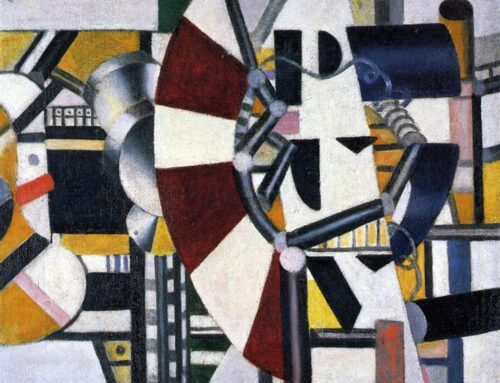Of books to books: Geoffrey Crayon speaks to volumes in the library of Westminster Abbey, and ponders the ways time and technology transform our knowledge.
“Language gradually varies, and with it fade away the writings of authors who flourished their allotted time…. Formerly there were some restraints on this excessive multiplication. Works had to be transcribed by hand, which was a slow and laborious operation…. The accumulation of manuscripts was slow and costly, and confined almost entirely to monasteries…. But the inventions of paper and the press have put an end to all these restraints. They have made everyone a writer, and enabled every mind to pour itself into print, and diffuse itself over the whole intellectual world. The consequences are alarming. The stream of literature has swollen into a torrent – augmented into a river – expanded into a sea…. Unless some unforeseen mortality should break out among the progeny of the muse, now that she has become so prolific, I tremble for posterity. I fear the mere fluctuation of language will not be sufficient. Criticism may do much…. All possible encouragement, therefore, should be given to the growth of critics, good or bad. But I fear all will be in vain; let criticism do what it may, writers will write, printers will print, and the world will inevitably be overstocked with good books. It will soon be the employment of a lifetime merely to learn their names. Many a man of passable information, at the present day, reads scarcely anything but reviews; and before long a man of erudition will be little better than a mere walking catalogue.
“My very good sir,” said the little quarto, yawning most drearily in my face, “excuse my interrupting you, but I perceive you are rather given to prose. I would ask the fate of an author who was making some noise just as I left the world. His reputation, however, was considered quite temporary. The learned shook their heads at him, for he was a poor half-educated varlet, that new little of Latin, and nothing of Greek, and had been obliged to run the country for deer-stalking. I think his name was Shakespeare. I presume he soon sunk into oblivion.”
“On the contrary,” said I, “it is owing to that very man that the literature of the period has experienced a duration beyond the the ordinary term of English literature. There rise authors now and then, who seem proof against the mutability of language, because they have rooted themselves in the unchanging principles of human nature. They are like gigantic trees that we sometimes see on the banks of a stream; which, by their vast and deep roots, penetrating through the mere surface, and laying hold on the very foundations of the earth, preserve the soil around them from being swept away by the ever-flowing current, and hold up many a neighboring plant, and, perhaps, worthless weed, to perpetuity. Such is the case with Shakespeare, whom we behold defying the encroachments of time, retaining in modern use the language and literature of his day, and giving duration to many an indifferent author, merely from having flourished in his vicinity. But he even he, I grieve to say, is gradually assuming the tint of age, and his whole form is overrun by a profusion of commentators, who, like clambering vines and creepers, almost bury the noble plant that upholds them.”
Washington Irving, “The Mutability of Literature” (1819) from The Sketch Book of Geoffrey Crayon, Gent.






Leave A Comment